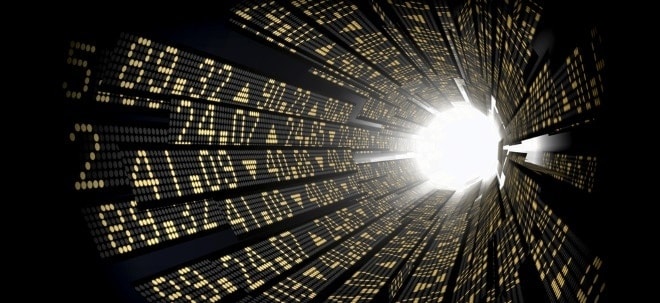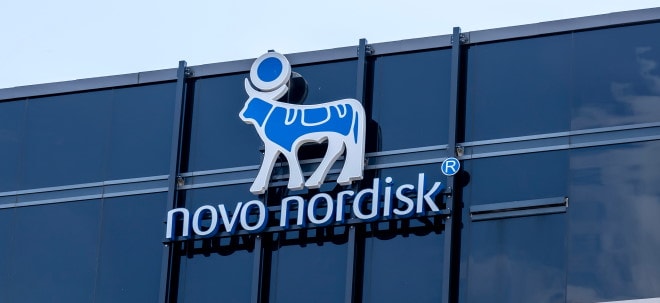Sweden lifts uranium mining ban
Sweden’s parliament on Wednesday voted to repeal a 2018 moratorium on uranium mining, clearing the way for exploration and mining from Jan. 1.The move by Sweden’s unicameral national parliament, the Riksdag, re-enables full bedrock exploration and the ability to apply for permits and mining concessions for uranium under Sweden’s existing Minerals Act framework. The Nordic state hosts an estimated 27% of Europe’s known uranium within its bedrock, according to the Geological Survey of Sweden.“It is very positive that the Riksdag is now backing the government’s proposal,” Swedish Mining Association (Svemin) CEO Maria Sunér said Wednesday in a release. “There are no factual reasons for uranium to be treated differently than other metals and it is therefore entirely reasonable that we now have the opportunity to utilize the resources found in our bedrock in an efficient way.”A municipal veto for handling small quantities of uranium locally was also narrowed.The decision caps a two-year policy drive led by the Climate and Enterprise Ministry. Sweden’s government formally tabled the legislation in August, arguing uranium is strategic to the country’s nuclear expansion and broader raw-materials security.Exploration readyAt least two explorers stand ready to move on exploration work quickly.Australian explorer Aura Energy (ASX: AEE; AIM: AURA), which owns the Häggån polymetallic deposit in Jämtland, lodged a 25-year exploitation-permit application last year with Sweden’s Mining Inspectorate.Aura’s Häggån hosts a JORC (Australian rules) resource dominated by vanadium that also contains about 800 million lb. uranium oxide (U₃O₈) at a 100-parts-per-million cut-off within a broader 2.55-billion-tonne vanadium resource updated in 2019.“This vote means that from now on uranium has the potential to be an important contributor to Sweden’s economy and energy security and to support the region’s intention to triple nuclear power,” Aura executive chairman Phil Mitchell said Thursday in a press release.Canada’s District Metals (TSXV: DMX) also welcomed the vote, calling it a “historic” step. It flagged plans for fieldwork next year at its Swedish uranium properties like Viken, including geophysics, drilling and an economic study.At Viken, District’s April mineral resource estimate outlined 456 million tonnes indicated at 175 ppm U₃O₈ for 176 million lb. of U3O8 and 4.33 billion tonnes inferred at 161 ppm U₃O₈ for 1.54 billion pounds within uranium-bearing alum shale, alongside vanadium, molybdenum and other metals.Aura shares dipped 7% to A$0.20 apiece in Sydney on Thursday, curbing their 12-month gains to 46%. The company has a market capitalization of A$188 million ($122 million).District’s Toronto-traded shares also fell Thursday, dropping nearly 6% to C$1.37 each and valuing the company at about C$228.3 million ($162.3 million). The stock has quadrupled in the past 12 months.Strategic mineralIntroduced by the Social Democrat–Green government of Prime Minister Stefan Löfven, Sweden’s 2018 ban removed uranium from the Minerals Act and blocked permits on the view that public interest didn’t outweigh environmental risk. After the 2022 election, a pro-nuclear centre-right government led by Ulf Kristersson reversed course, restoring uranium as a concession mineral to bolster energy security.The repeal dovetails with Stockholm’s nuclear expansion and European Union supply-security goals. Sweden operates six reactors, which supply about one-third of its electricity, and imports most nuclear fuel.A further proposal to change the definition of nuclear installations – so that uranium mining is no longer classified as a nuclear installation – is out for consultation until Dec. 3, Svemin said. The proposal calls for the change to enter into force July 1 of next year.Weiter zum vollständigen Artikel bei Mining.com
Quelle: Mining.com
Nachrichten zu Uranpreis
Keine Nachrichten im Zeitraum eines Jahres in dieser Kategorie verfügbar.
Eventuell finden Sie Nachrichten, die älter als ein Jahr sind, im Archiv

